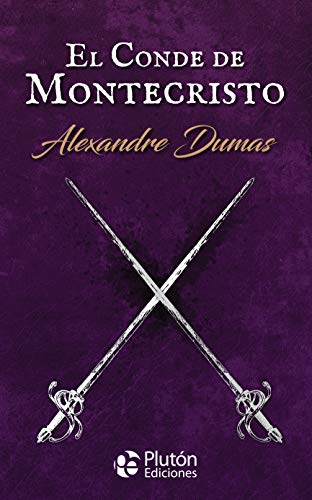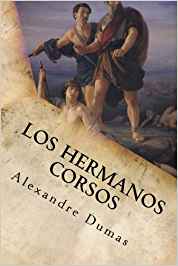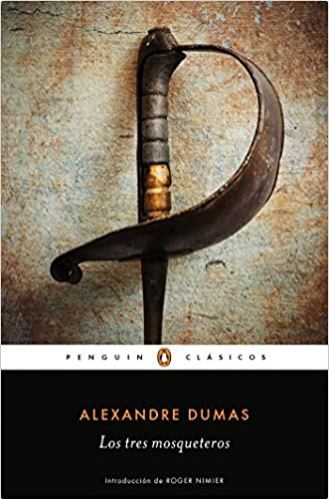In the absence of one, two are the masterpieces that emerged from the hand, letter and pen of this universal writer. Alexandre Dumas invented the Count of Monte Cristo and the 3 Musketeers. The two works, and how much later came about these characters, put Dumas at the top of the literary creators. Of course, as is almost always the case, the work of Alexander Dumas it is much more extensive, with more than 60 published books of various kinds. Novel, theater or essay, nothing escaped his pen.
Europe in the mid-nineteenth century was fully divided into classes, already directly marked by the economic beyond titles, ancestry and strata dependent on some kind of "slavery." The new slavery was the mighty industrial transformation, the growing machine. The evolution was unstoppable and the inequalities notorious in the large importing cities of more and more inhabitants.
Dumas was a committed author, of popular narrative, of very lively plots and with an intention to disseminate good and evil, but always with an inherent point of criticism.
The attempt to point out his three best works is very hampered by the universalization of two of his literary proposals, but it is what it touches ...
Three Recommended Novels by Alexander Dumas
El conde de montecristo
It is not a question of succumbing just to a mainstream. But the greatness of this novel is so evident… sequels, films, survival until today of that longing for justice in its broadest consideration.
A novel for all ages in which there is an adventure, a tragedy, an allegory of justice, a love story, a mystery plot ... all this and more. I already reviewed this novel at the time, I rescue what I said: No other vital story like that of Edmond Dantès.
If you embark on how the Count of Monte Cristo came to be, you will experience betrayal and heartbreak, loneliness, tragedy… circumstances that could bring down anyone. But Edmond ruminates on a plan in his hatred and the winds of luck are blowing in his favor ...
The Corsican brothers
Alejandro Dumas happens to be a character in this novel to discover the singularities of a family from Corsica. Summary: The Corsican brothers, 1844, set in Corsica and France in 1841, and narrated in the first person by the same Alexandre Dumas, recounts his experiences on a trip to that island, when, while staying at the Franchi's house, he met Mrs. Savilia and her son Lucien, a cheerful and outgoing young man, inclined to country life, who tells him that he has a twin brother named Louis who lives in Paris and is, on the contrary, calm and collected.
At birth, both were united at the side and, although they were separated, that union was maintained forever making one feel the pain of the other and vice versa, regardless of the distance that separated them ...
Through the life of this Corsican family and the foreign gaze of an illustrious spectator, the reader will get closer to the customs of Corsica in the XNUMXth century, especially those related to the famous vendettas, and those of the Paris of the time, with their parties and their challenges to duel. The plot and the suggestive images of the novel have led to it being taken to the cinema on numerous occasions.
The Three Musketeers
Just as Cervantes went back to his time to introduce us to an anachronistic Quixote, Dumas looks to the glorious past of France to introduce us to the young D'Artagnan in his intention to become a musketeer. Universal adventure novel and widely replicated in cinema.
Summary: The action takes place during the reign of Louis XIII, in France. D'Artagnan is an 18-year-old young man, the son of a Gascon nobleman, a former musketeer, with limited financial resources. He goes to Paris with a letter from his father to Monsieur de Treville, chief of the King's Musketeers.
At an inn, during his route, D'Artagnan challenges a knight who accompanies a beautiful and mysterious lady. The Three Musketeers is almost certainly the best-known work of its author, the French writer Alexander Dumas. Throughout the last century, this novel has been made into film and television on numerous occasions.



